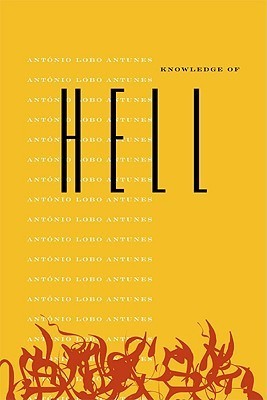What do you think?
Rate this book


298 pages, Paperback
First published January 1, 1980
He had sometimes awakened in the silence of a still house, motionless like a dead butterfly among the bodiless shadows of the night, and gazed, sitting in bed, at the diffuse outlines of the armoires, the clothes scattered on chairs like weary spider webs, the rectangle of the mirror that drank the flowers as the banks of Hell drank the distressed silhouette of the dead.
It was then that he decided to become a psychiatrist in order to live among distorted men like the ones who visit us in dreams and to understand their lunar speeches and the agitated, rancorous aquariums of their brains, in which swim the moribund fishes of fear.
Miguel Bombarda Hospital, former convent, former military school, former Rilhafoles Mental Asylum, is a decrepit old building near Campo de Santana, the dark trees and plastic swans of Campo de Santana, near the large, damp house of the morgue, where as a student he had sliced into bellies on stone slabs with immense disgust, holding his breath so the fat, repugnant smell of guts wouldn’t assail his nostrils with the rotting perfume of lifeless flesh.
“Psychiatry is a hoax,” his father declared. “It has no scientific basis, the diagnosis doesn’t matter, and the treatment is always the same.”
“Have you ever noticed,” his friend asked, “that psychiatrists are humorless lunatics?”
Nunca se olvidaría de la mujer con mechones incoloros y largos dedos tan blancos como los de las infantas en las criptas, precipitada desde el marco de una puerta para declamarles, con los gestos desarticulados de las marionetas, los versos de William Butler Yeats When you are grey and old and full of sleep, con un timbre irreal que otorgaba a cada palabra la vertiginosa profundidad de un pozo.
'Was jij dat die zei dat psychiatrie de edelste van alle medische specialisaties is?’ vroeg hij. ‘God zeg, als ik toen geweten had wat ik nu weet was ik tandarts geworden.’